-
 bitcoin
bitcoin $87959.907984 USD
1.34% -
 ethereum
ethereum $2920.497338 USD
3.04% -
 tether
tether $0.999775 USD
0.00% -
 xrp
xrp $2.237324 USD
8.12% -
 bnb
bnb $860.243768 USD
0.90% -
 solana
solana $138.089498 USD
5.43% -
 usd-coin
usd-coin $0.999807 USD
0.01% -
 tron
tron $0.272801 USD
-1.53% -
 dogecoin
dogecoin $0.150904 USD
2.96% -
 cardano
cardano $0.421635 USD
1.97% -
 hyperliquid
hyperliquid $32.152445 USD
2.23% -
 bitcoin-cash
bitcoin-cash $533.301069 USD
-1.94% -
 chainlink
chainlink $12.953417 USD
2.68% -
 unus-sed-leo
unus-sed-leo $9.535951 USD
0.73% -
 zcash
zcash $521.483386 USD
-2.87%
Is the sudden surge in the VR indicator a short-term peak signal?
A sudden VR indicator surge in crypto trading often signals strong buying pressure, but context and confirmation with other tools like RSI or OBV are key to avoiding false signals.
Jun 20, 2025 at 04:56 pm
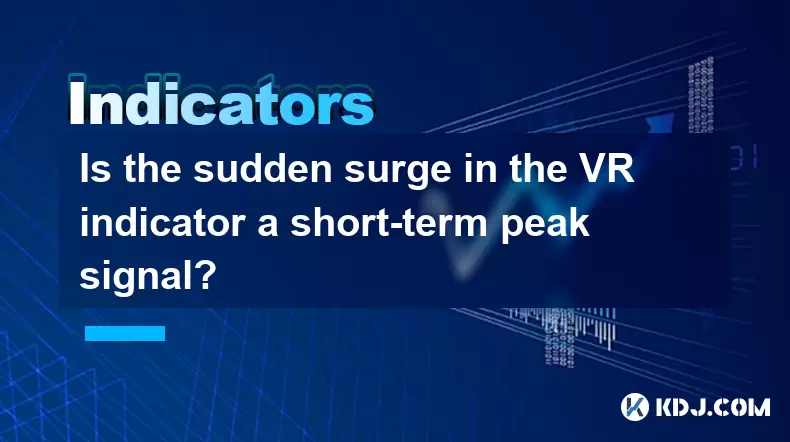
Understanding the VR Indicator in Cryptocurrency Trading
The VR (Volume Ratio) indicator is a technical analysis tool used to evaluate buying and selling pressure based on volume. In cryptocurrency trading, this metric helps traders determine whether an asset is under accumulation or distribution. The calculation of VR involves comparing the total volume of up days to down days over a specified period, typically 14 days. A VR value above 1 indicates more volume on up days, suggesting strength, while a value below 1 signals stronger selling pressure.
When the VR indicator experiences a sudden surge, it often reflects a rapid increase in buying activity. This can occur due to news events, market sentiment shifts, or algorithmic trading behaviors. However, interpreting such movements requires context—especially when evaluating whether this spike represents a short-term peak or a sustainable trend.
What Causes a Sudden Surge in the VR Indicator?
Several factors can lead to a sudden rise in the VR indicator:
- Positive news cycles surrounding a cryptocurrency project can drive massive inflows within a short time frame.
- Whale accumulation or dumping may distort volume metrics temporarily, leading to abnormal readings.
- Market manipulation tactics, such as wash trading or spoofing, can artificially inflate volume figures.
- Technical breakout scenarios where price surpasses resistance levels, prompting automated systems and retail investors to enter positions aggressively.
Each of these scenarios contributes to a spike in volume, which directly impacts the VR reading. Traders should cross-reference these spikes with other indicators like RSI, MACD, and OBV to avoid misinterpretation.
Identifying Short-Term Peaks Using the VR Indicator
A sudden jump in VR doesn't automatically confirm a short-term peak, but certain patterns may suggest that momentum is waning:
- If the price continues to rise while VR starts to decline, it could indicate weakening volume support for the rally.
- Divergence between VR and price action often precedes reversals. For example, if the price hits a new high but VR fails to surpass its previous high, it suggests fading enthusiasm.
- Overbought conditions on volume metrics, especially after prolonged uptrends, can signal exhaustion among buyers.
Traders must pay attention to candlestick formations and order book depth during these periods. A sharp VR spike followed by long upper shadows or Doji candles might hint at profit-taking or rejection at key resistance zones.
How to Analyze VR Spikes in Conjunction with Other Indicators
To make informed decisions, crypto traders should combine VR analysis with complementary tools:
- Relative Strength Index (RSI): When VR surges alongside RSI hitting 70 or higher, it may reflect overbought conditions. Conversely, if RSI trends downward despite rising VR, it could imply hidden strength.
- Moving Averages: Use 20-day and 50-day moving averages to gauge whether the price is still aligned with the dominant trend. A VR spike above resistance combined with a golden cross may reinforce bullish bias.
- On-Balance Volume (OBV): Comparing VR with OBV helps validate whether volume is supporting the current trend. A rising OBV with falling VR may suggest smart money accumulation amid low retail participation.
These combinations provide a layered approach to confirming or dismissing the significance of a VR surge.
Practical Steps to Respond to a VR Spike in Real-Time Trading
If you observe a sudden surge in the VR indicator, here’s how to react methodically:
- Monitor the volume profile to check if the spike aligns with significant price moves or if it's isolated.
- Look at order book data to assess liquidity absorption. A sudden VR spike without corresponding price movement might indicate wash trading.
- Check news feeds and social sentiment platforms like CoinGecko, Coindesk, or Crypto Twitter for potential catalysts.
- Evaluate support and resistance levels using Fibonacci retracement or pivot points to see if the price is near critical zones.
- Consider placing stop-loss orders or trailing stops if the VR spike coincides with overextended price action.
This checklist allows traders to respond thoughtfully rather than impulsively to sudden changes in volume behavior.
Frequently Asked Questions
Q: Can VR be used effectively on lower timeframes like 1-hour or 15-minute charts?A: Yes, but it becomes more volatile. On shorter timeframes, VR can give false signals due to noise from micro-fluctuations in volume. It's best used in conjunction with volume profile overlays and order flow analysis.
Q: Is VR reliable across all cryptocurrencies, including altcoins?A: Not always. Altcoins with thin order books and low liquidity can produce distorted VR readings. It works best with major cryptocurrencies like Bitcoin, Ethereum, and well-established altcoins that have consistent trading volumes.
Q: What time period is optimal for calculating VR in crypto markets?A: The standard setting is 14 periods, but in fast-moving crypto markets, some traders use shorter intervals like 7 or 10 for quicker responses. Adjusting the period depends on your trading style and risk tolerance.
Q: How does VR compare to Money Flow Index (MFI) in analyzing volume?A: Both measure volume-based momentum. MFI incorporates price and volume to calculate overbought/oversold levels, while VR focuses purely on volume ratio. VR is simpler and better suited for spotting accumulation/distribution phases, whereas MFI provides broader momentum insight.
Disclaimer:info@kdj.com
The information provided is not trading advice. kdj.com does not assume any responsibility for any investments made based on the information provided in this article. Cryptocurrencies are highly volatile and it is highly recommended that you invest with caution after thorough research!
If you believe that the content used on this website infringes your copyright, please contact us immediately (info@kdj.com) and we will delete it promptly.
- Bitcoin Faces Identity Crisis as Speculators Flock to Prediction Markets and Ultra-Short Options
- 2026-02-02 00:30:06
- MGK and Jelly Roll Honor Ozzy Osbourne at Pre-Grammy Gala, Sparking Fan Frenzy
- 2026-02-02 00:50:02
- Super Bowl Coin Flip: Unpacking the Prediction Power of Heads or Tails
- 2026-02-02 01:30:01
- Litecoin Price Cracks 9-Year Floor Amidst Market Breakdown: What's Next for the OG Crypto?
- 2026-02-02 01:20:02
- Crypto News, Cryptocurrency Markets, Latest Updates: A Topsy-Turvy Start to 2026
- 2026-02-02 01:15:01
- New York Minute: LivLive Presale Ignites, While Solana Navigates Choppy Waters
- 2026-02-02 01:15:01
Related knowledge
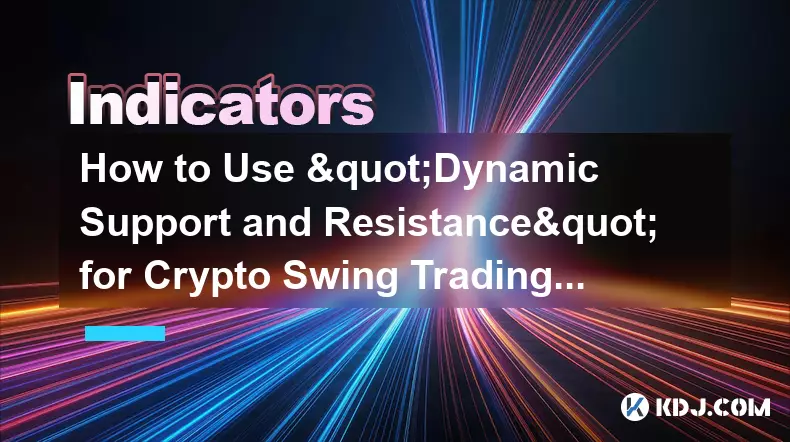
How to Use "Dynamic Support and Resistance" for Crypto Swing Trading? (EMA)
Feb 01,2026 at 12:20am
Understanding Dynamic Support and Resistance in Crypto Markets1. Dynamic support and resistance levels shift over time based on price action and movin...
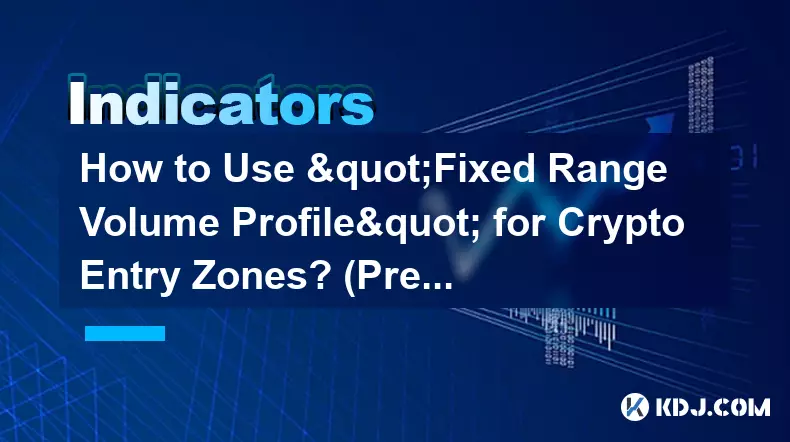
How to Use "Fixed Range Volume Profile" for Crypto Entry Zones? (Precision)
Feb 01,2026 at 10:19pm
Understanding Fixed Range Volume Profile Mechanics1. Fixed Range Volume Profile (FRVP) maps traded volume at specific price levels within a defined ti...
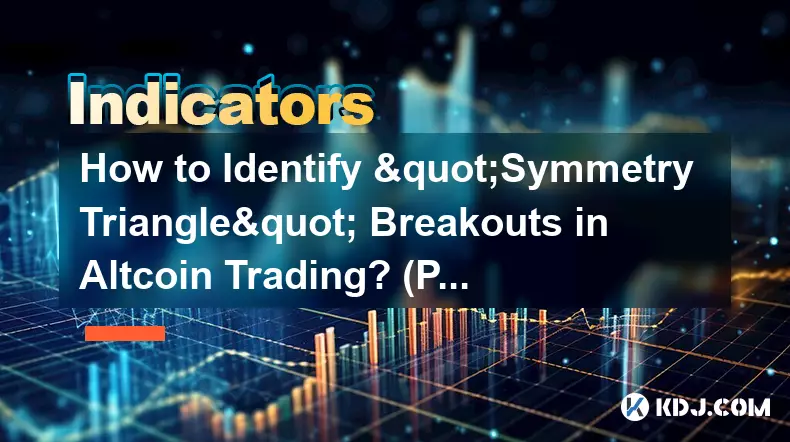
How to Identify "Symmetry Triangle" Breakouts in Altcoin Trading? (Patterns)
Feb 01,2026 at 01:39pm
Symmetry Triangle Formation Mechanics1. A symmetry triangle emerges when price action consolidates between two converging trendlines—one descending an...
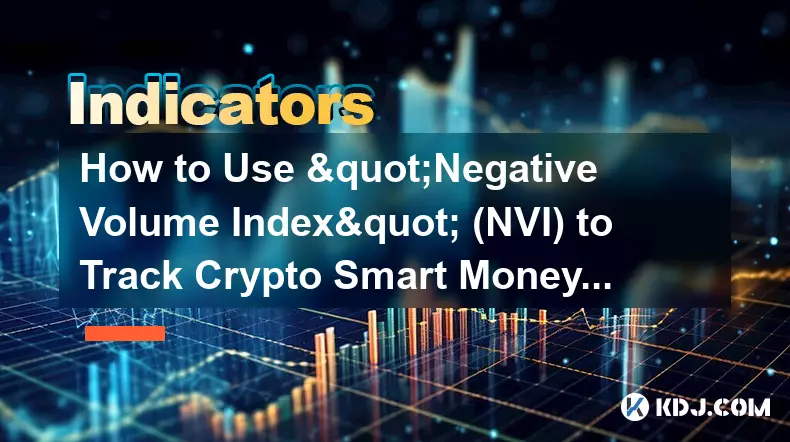
How to Use "Negative Volume Index" (NVI) to Track Crypto Smart Money? (Pro)
Feb 01,2026 at 02:40am
Understanding NVI Mechanics in Crypto Markets1. NVI calculates cumulative price change only on days when trading volume decreases compared to the prio...
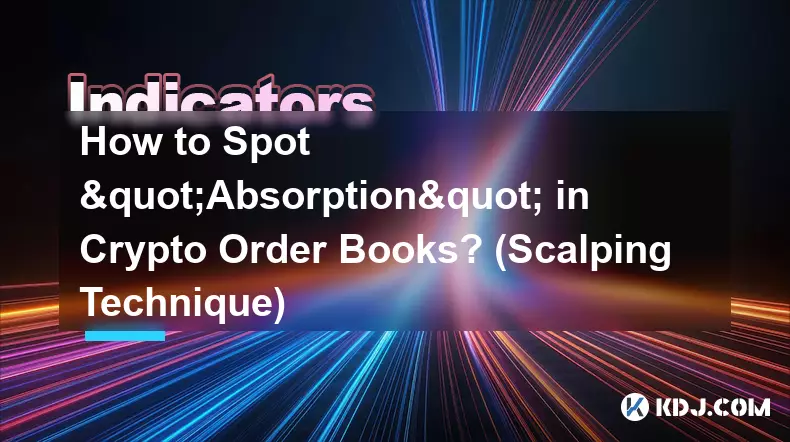
How to Spot "Absorption" in Crypto Order Books? (Scalping Technique)
Feb 01,2026 at 08:39pm
Understanding Absorption Mechanics1. Absorption occurs when large buy or sell orders repeatedly appear and vanish at the same price level without trig...
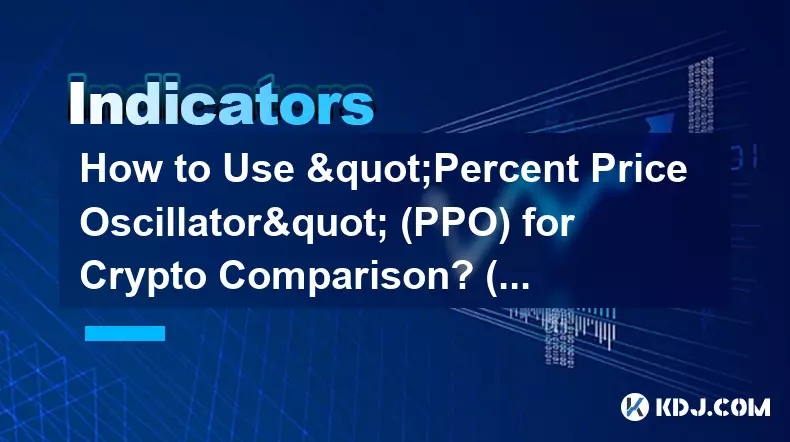
How to Use "Percent Price Oscillator" (PPO) for Crypto Comparison? (Strategy)
Feb 01,2026 at 01:59am
Understanding PPO Mechanics in Volatile Crypto Markets1. The Percent Price Oscillator calculates the difference between two exponential moving average...

How to Use "Dynamic Support and Resistance" for Crypto Swing Trading? (EMA)
Feb 01,2026 at 12:20am
Understanding Dynamic Support and Resistance in Crypto Markets1. Dynamic support and resistance levels shift over time based on price action and movin...

How to Use "Fixed Range Volume Profile" for Crypto Entry Zones? (Precision)
Feb 01,2026 at 10:19pm
Understanding Fixed Range Volume Profile Mechanics1. Fixed Range Volume Profile (FRVP) maps traded volume at specific price levels within a defined ti...

How to Identify "Symmetry Triangle" Breakouts in Altcoin Trading? (Patterns)
Feb 01,2026 at 01:39pm
Symmetry Triangle Formation Mechanics1. A symmetry triangle emerges when price action consolidates between two converging trendlines—one descending an...

How to Use "Negative Volume Index" (NVI) to Track Crypto Smart Money? (Pro)
Feb 01,2026 at 02:40am
Understanding NVI Mechanics in Crypto Markets1. NVI calculates cumulative price change only on days when trading volume decreases compared to the prio...

How to Spot "Absorption" in Crypto Order Books? (Scalping Technique)
Feb 01,2026 at 08:39pm
Understanding Absorption Mechanics1. Absorption occurs when large buy or sell orders repeatedly appear and vanish at the same price level without trig...

How to Use "Percent Price Oscillator" (PPO) for Crypto Comparison? (Strategy)
Feb 01,2026 at 01:59am
Understanding PPO Mechanics in Volatile Crypto Markets1. The Percent Price Oscillator calculates the difference between two exponential moving average...
See all articles










































































